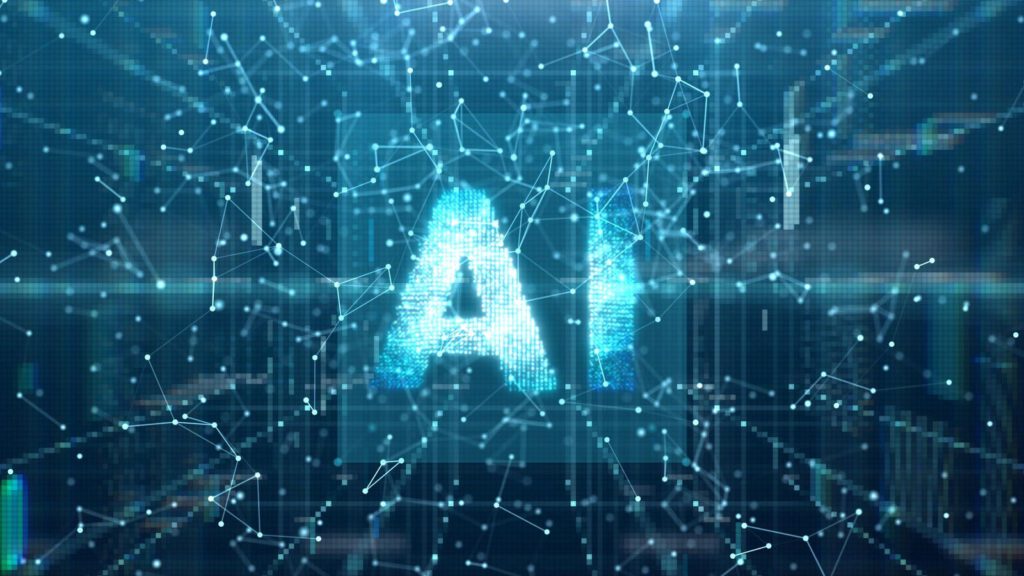Many businesses have adopted AI in the hope that it will improve employee productivity and make their jobs easier. [+] However, in reality, we see that it had the opposite effect.
Getty
Many companies were quick to adopt AI in the hope that it would make employees more productive and make their jobs easier, but when they actually surveyed employees using the technology, they found that it had the opposite effect.
A study by the Upwork Research Institute and Workplace Intelligence found that the majority of workers surveyed said that AI has actually made their jobs more difficult.
77% of employees report that AI tools have increased their workload, 39% say they have spent more time reviewing and moderating AI-generated content, and 23% say they have spent more time learning how to use AI tools.
The survey was conducted by data collection firm Walr between April 16 and May 5, 2024 among 2,500 employees, freelancers, and executives across several countries. In addition to making work harder, the use of AI can have other undesirable consequences. Full-time employees surveyed said that AI has caused them to:
71% were burnt out. 65% were struggling with their employer’s productivity demands. Nearly a third felt so overworked they might leave their job in the next six months.
Did not live up to expectations
“Our research finds that the introduction of new technologies into outdated work models and systems is not unlocking the full productivity value expected from AI,” Kelly Monahan, managing director of Upwork Research, said in a press release.
“It is certainly possible for AI to simultaneously improve productivity and improve employee happiness, but this will require fundamental changes in how people and work are organized,” Monahan warned.
An informal survey of executives from companies leveraging AI supported the key findings of this research project.
AI tools ‘can be overwhelming’
“Adopting AI tools often requires extensive training; employees must learn how to use the new systems, which can be time-consuming and disruptive to regular work,” Stephanie Alston, CEO of BGG Enterprise, said in an email interview.
“Our team found that the time it took to input data into AI tools, ensure data accuracy, and troubleshoot AI-related issues could be significant. Shifting focus from core business to AI maintenance could result in employees juggling multiple responsibilities, which could lead to burnout,” she noted.
Surveys suggest that some managers expect AI tools to instantly solve complex problems, leading to unrealistic expectations around productivity and outcomes.
“When AI doesn’t deliver immediate results, the burden falls on employees, who have to fill the gaps, increasing stress levels,” Alston says. “AI has the potential to revolutionize many aspects of business, but it’s important to recognize and address the challenges it brings.”
“Unintentional stressors”
“While the AI system offered an efficient solution in theory, it required ongoing monitoring and validation by staff to ensure the recommended activities applied to the specific needs of our business,” Lucas Bossen, CEO of staffing services firm Rivermate, said in an email interview.
Far from reducing employees’ workload, expecting AI tools to significantly augment their work without acknowledging the need for training or oversight has created an additional stressor. To ensure effective AI integration, Bosten said employers need to provide their teams with training and technical support, and set realistic expectations.
“This supervisory responsibility is placed on staff who already have significant workloads, stressing them and pushing them closer to burnout,” he said.
“Biggest challenge” is initial learning phase
“The biggest challenge we faced is the learning phase, when new AI tools are introduced,” Stefano Lodola, Italian language coach and founder of Think Languages, told me in an email.
“Training my team to use these tools adds more work to an already busy schedule, leading to frustration and increased workload,” says Llodra. “My team is mostly made up of junior members who generally adapt well to new technology, but the initial training period is still a huge source of stress.”
In some cases, newly automated processes can become overly reliant on AI tools, resulting in inefficient workflows due to excessive oversight and demands for technical support.
“One of the issues I’ve seen on my team is what’s known as ‘perfectionism paralysis,'” BeamJobs CEO and co-founder Steven Greet said in an email. “This is a lesson I’ve continued to take with me: while continuous improvement is laudable, perfectionism paralysis usually results from ignoring human priorities. Technology should serve humans, not the other way around.”

